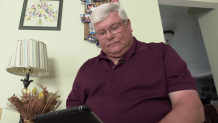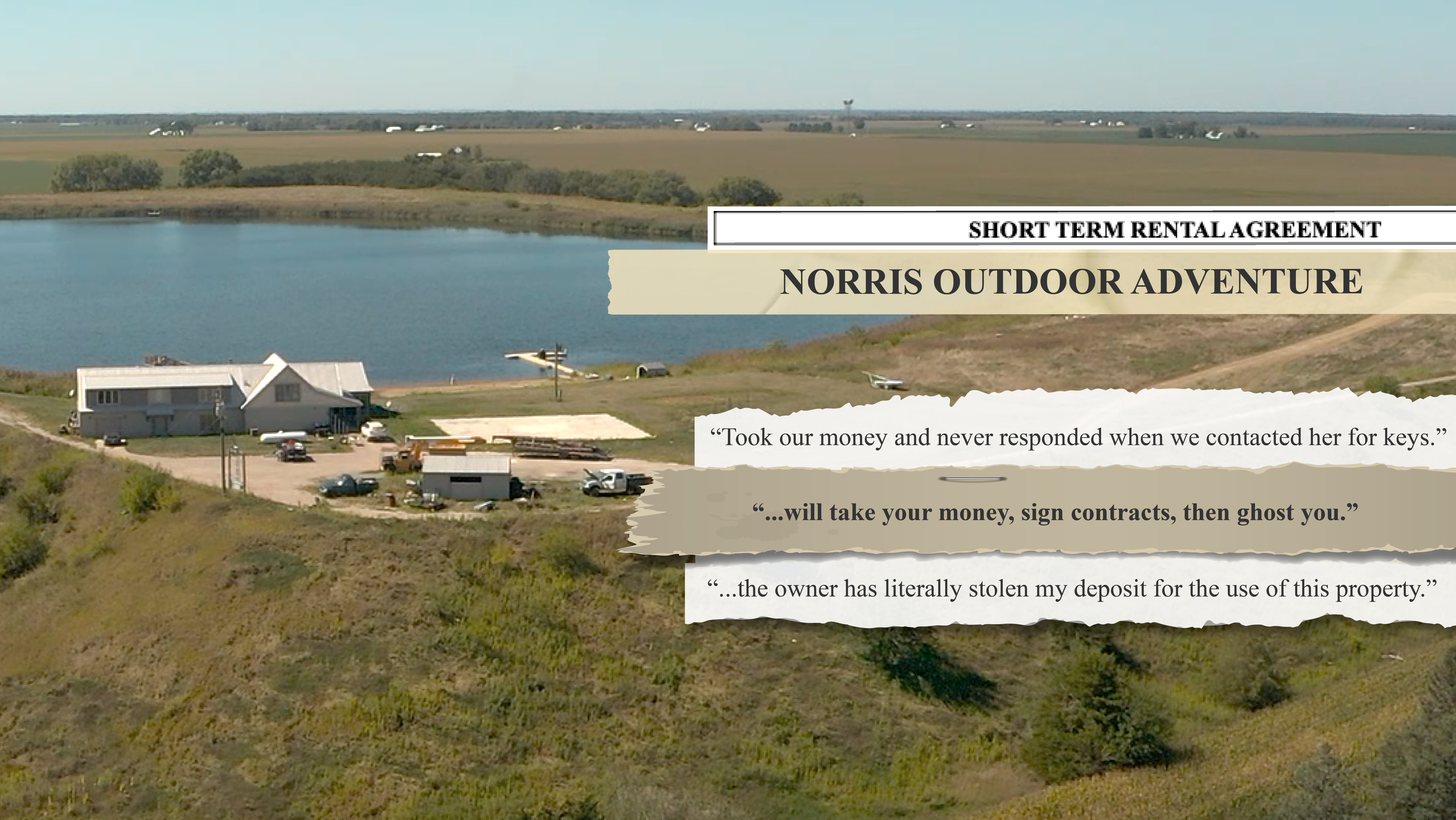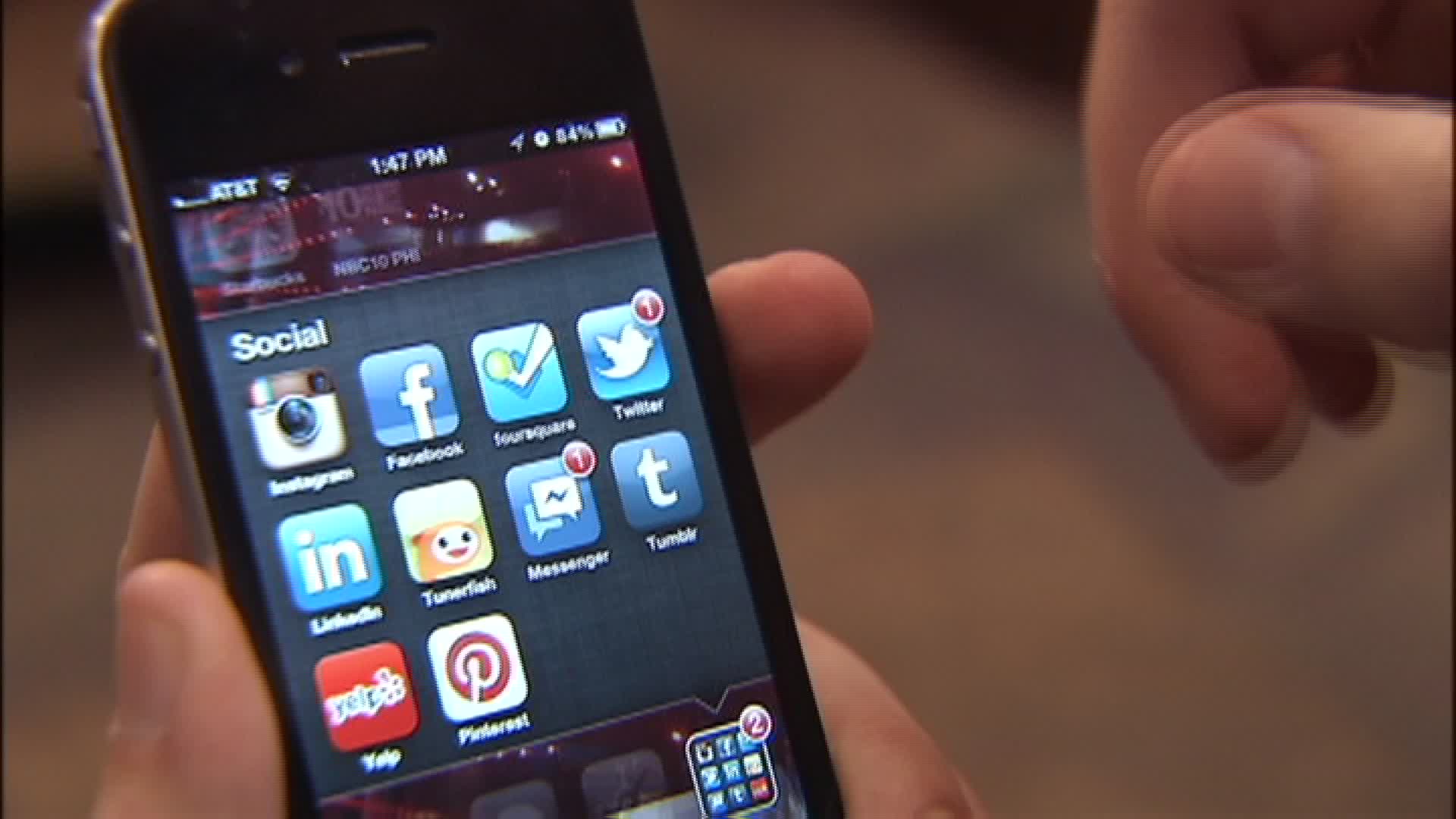It’s a term so common, it’s now in the dictionary.
Looking for answers to your everyday questions? Simply “Google it” or search on your preferred internet browser to find what you need.
These days, though, consumers need to be wary and ask themselves: Is the company on the other end of that search result really who they say they are?
A Naperville couple thought they could trust their search results, but later found themselves in the hole for hundreds of dollars.
And as NBC 5 Responds found, they’re not alone.
The key finding in all of this is that many who surf and search using the world’s most popular search engine, Google, have trouble discerning advertisements from organic search results.
And in at least one case, the ad was dressed sneakily as a legitimate search result, misrepresenting the company’s true intentions, a spokesperson for Google would confirm for NBC 5.
They lied on Google. They lied to us on the phone.
Ed Slanina, Naperville, IL
For Ed and Rosanne Slanina in Naperville, the headache started with a planned trip this past February to see their grandkids in South Carolina.
Shortly after booking their tickets on United Airlines, Ed Slanina says he realized they had forgotten a seat for a very important passenger: his golf clubs.
Feeling out of the loop? We'll catch you up on the Chicago news you need to know. Sign up for the weekly> Chicago Catch-Up newsletter.
“I have golf clubs, so I’m like, ‘We can’t have it that way!’” Ed Slanina said.
Bringing his clubs meant the couple needed a ticket upgrade from "Basic Economy," so they pulled out their phones, and Googled ‘United Airlines’.
One of the top search results for United Airlines included a call button to reach the airline directly.
Ed Slanina says his wife did the search.
“She goes, ‘OK, here’s United’s number,’” Ed recalled. “So we used her phone to call.”
The agent on the other end of that call upgraded their tickets, adding additional luggage for their reservation. Throughout the call, Ed said he had a strange feeling, questioning whether he was in contact with the real United Airlines.
But Ed says the agent insisted, he was talking to the right agent at United Airlines.
“I asked, ‘Now, you work for United Airlines, right?’” Ed Slanina said. “And he goes, ‘Yes, I work for United.’”
At the end of the call, the agent said something strange that Ed said threw him off.
“At the very end, he says, ‘Don’t go rushing to (look) at your [credit card] charges, you’re not going to understand everything on there.’”
The agent was right, there were charges on Ed’s bank statement that made no sense, from a company neither Ed or his wife had ever heard of.

In addition to $190 fees for the additional luggage, Ed said there was a $454 charge for a company called Virago Travels.
While Ed and his wife thought they had called United Airlines directly, it turns out they had instead connected with an independent travel agency and agent.
It all traced back to that initial Google search for United Airlines, and the call button Ed’s wife had clicked on. The couple had likely missed one small, crucial word in that search result: “Ad”
Purchased to appear at the top of a Google search results page for United Airlines, Virago Travels had bought an ad that purported to be the official major airline, a Google spokesperson would later confirm for NBC 5.
The Naperville couple has company, a couple thousand miles west.
In the Bay Area of California, Alice Klein told our partners at NBC Bay Area Responds that she too had Googled “United Airlines” and unknowingly connected with Virago Travels, costing her thousands of dollars.
“It was $2,000 or $3,000 more, and I didn’t realize until later that I had not been speaking with United Airlines,” Klein told NBC Bay Area.
Klein had reached out to United Airlines to fix a misspelling of a passenger’s name on the reservation she had made the day before, a request that normally wouldn’t cost a cent.
With Virago Travels, Klein was charged $3,906.52.
“It just seemed very unreal that this could happen,” Klein said.
The ads in question violate our misrepresentation policies.
Google Company Spokesperson
Virago Travels is a licensed travel agency registered to a home in a gated community in Fremont, California.
When NBC Bay Area Responds contacted Virago Travels, a spokesperson initially asked for more details on Slanina and Klein’s cases. Then, the company stopped returning our calls for comment.
Virago Travels has an “F” rating with the Better Business Bureau, and lists of customer complaints to go with it, all claiming the same kinds of issues and in some cases, involving airlines other than United. In some of the complaints, the Google call button is a common thread.
United Airlines told NBC 5 that Virago Travels should have never modified Slanina or Klein’s bookings, rather the travel agency should have referred both passengers to the real United Airlines.
After sharing with Google NBC 5’s research into Virago Travels, a spokesperson for the popular search engine discovered the travel agency had violated Google’s terms when it purchased advertised search results.
“Upon review, we found that the ads in question violate our misrepresentation policies,” a spokesperson for Google wrote by email. “These ads have been removed.”
Google users aren’t off the hook though, as the company stresses, “Consumers should clearly read all information on the listing before clicking on a Call button.”
Uninvited guests want to crash a party, and the party's called Google.
Henk Van Ess, Researcher
If your search results make you wary, researchers confirm those suspicions.
“The normal distinction between the ads and normal, organic Google results is hard to see,” said web researcher Henk Van Ess.
Van Ess points to evidence of this laid out in a 2018 United Kingdom survey from Varn that found more than half of Google users surveyed did not recognize paid advertisements when they appeared in their search results.
And if a user does not make that distinction, it’s possible they will trust the search result and not realize a company had paid big money for them to see what they’re seeing.
“If you think it’s from Google, you’re going to trust it,” Van Ess said. “If you know, ‘Oh no, this is an advertisement,’ you will probably be a little more critical and more precise in your judgment.”
The simplicity of putting in a few words and scrolling through the results now needs one more crucial step: extra scrutiny.
“Uninvited guests want to crash a party, and the party’s called Google,” Van Ess said.
For Ed Slanina, when he discovered the charges from Virago Travel, he disputed it with his bank, Citibank, but bank representatives denied his appeal.
After NBC Bay Area shared with Citibank what we had discovered, Citibank reversed course, and gave Ed all of his money back.
Alice Klein was also able to get her money back too.
Both Klein and Slanina say they will never use Google the same again.
“There should be some sort of safeguard,” Ed Slanina said, pleased that the Virago ads have been taken down. “It’s one thing to say you work with United, but you can’t say you are United.”



